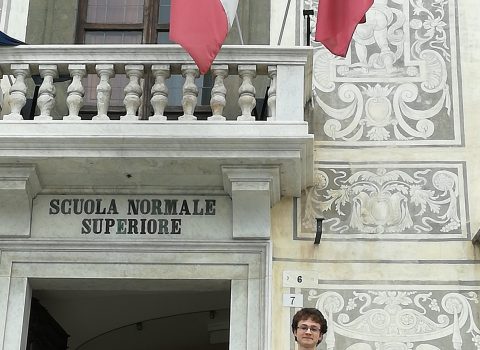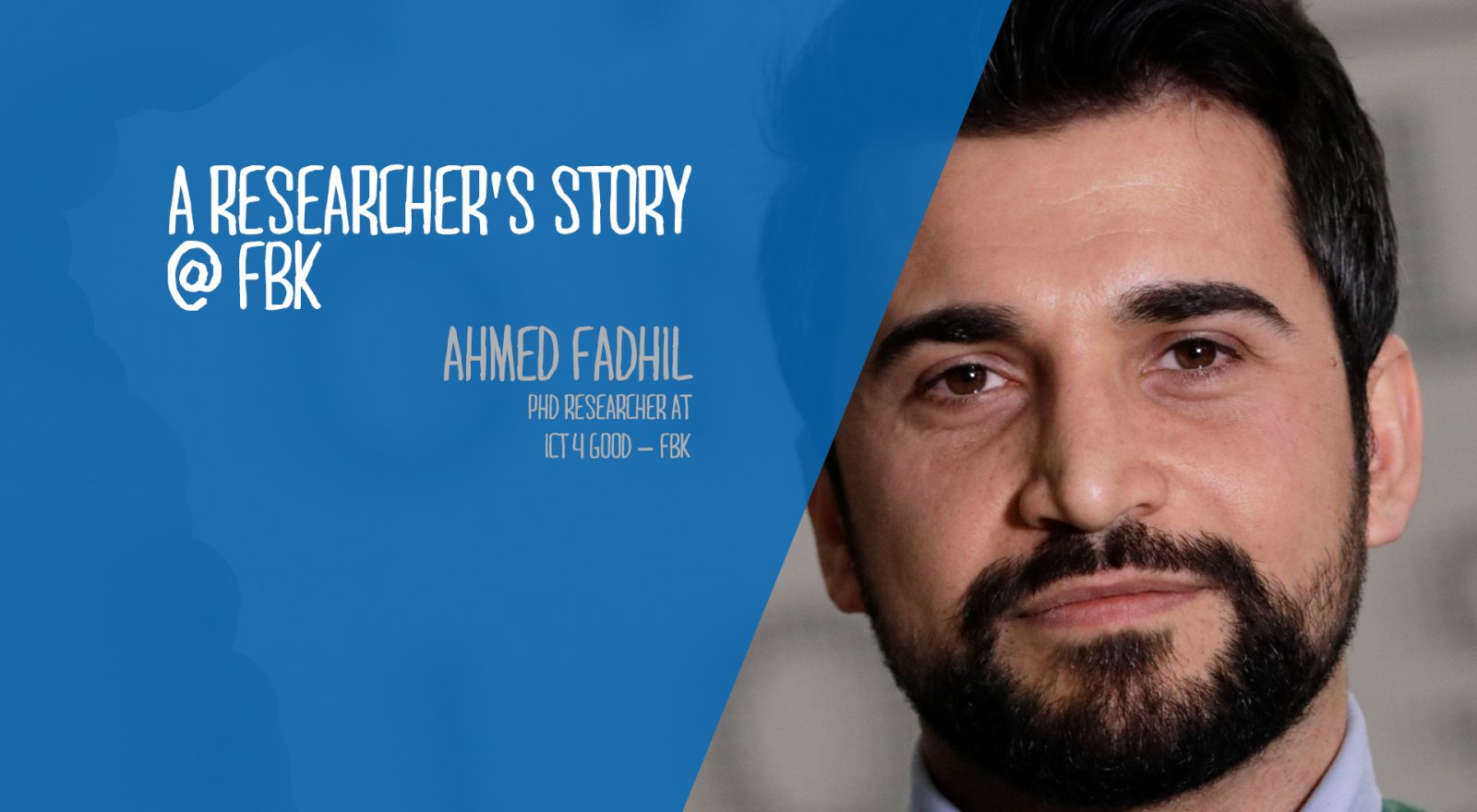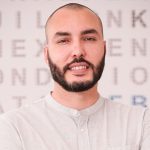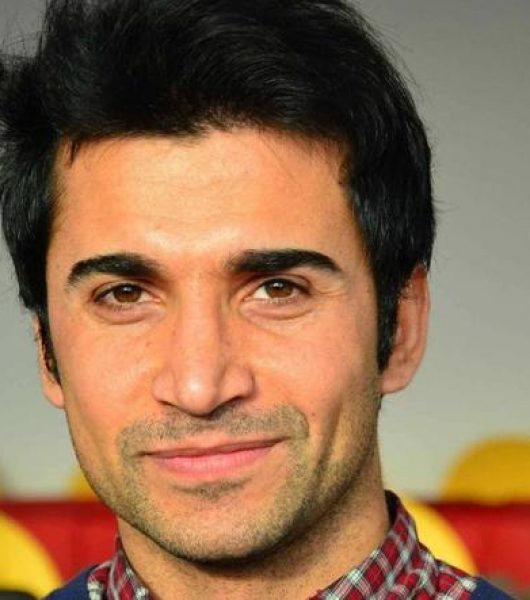
From Iraq to Trentino on the road to artificial intelligence
Ahmed Fadhil was born 30 years ago in Mosul, and then moved to a village in southern Iraq. During his teens he had little access to computers or the Internet, but this did not stop him from cultivating a strong passion for research and development of artificial intelligence related software.
But beyond keyboards and monitors, which are similar all over the world, what was the biggest difference you found in Italy?
I had in mind this stereotype of Italians eating pasta and pizza and then, when I arrived here, I found out it was true (he laughs)! All of them also gave me strange looks since I kept drinking tea, while I thought that Italians were drinking too much coffee… now I have been drinking coffee every day for six years!
What do you miss most about your Country?
I miss the typical dishes my mother used to cook, this is uncontrollable. But I must say that I really appreciate canederli and polenta here in Trentino.
At FBK’s ICT 4 Good unit, where Ahmed currently carries out his PhD, we deal with applications that can improve the well-being, fairness and sustainability of future generations. And it is in this context, under the supervision of Adolfo Villafiorita, that our Iraqi doctoral student has developed an application that can improve the work of doctors and the effectiveness of their treatment.
“AI Coach” is a telemedicine application that helps physicians cut their workload when they need to monitor many patients. Take for example a dietician who has to deal with people who are overweight or have poor eating habits: in this case we define goals such as consuming more or less carbohydrates or vegetables. When patients access the application, they will receive their targets and, by providing the requested information, they will let the doctor know whether they have followed their diet. This type of service can be applied to any type of care that requires the recording of activities for statistical purposes.
But where does your passion for programming come from?
When I was in high school, one of the best schools in the area where I lived, we had 3 computers for 40 people. In addition, there was no internet connection, so we only learned the things were taught by the teacher. There were not many opportunities for experiments. It was then, however, that I grew a great desire to get a computer. I decided I would have one at any cost. So I managed to recover an old PC and with it I approached the world of programming.
Was there anyone who acted as a stimulus or as an example for you?
Surely my father is the main reason why I am here now. He graduated in electronic engineering but never practiced the profession. At the time of the regime, a graduate’s salary was not high enough to support a family (8 siblings in the case of Ahmed, editor’s note). In fact, many teachers and technicians had to work as laborers, farmers or shopkeepers as well. My father thus opted to take over the farming activity from my grandfather since it was by far more profitable than a job as an engineer.
What was the road that brought you here to FBK?
In my high school days, my main goal was to get my degree and start working.
But at a certain point I had to drop out because of the bad situation in Iraq. Then I had the opportunity to access a scholarship for the University of Cyprus and from there my life changed completely. From there I started to have more ambitions, to study more, to travel more, to discover new places and I also had the chance to come to Italy, to do a master’s degree and now to finish my PhD.
What does it mean for you to be an FBK researcher?
Being an FBK researcher means having the flexibility and freedom to decide on what to work and where to conduct my research. I think that as an institute it can offer a lot to doctorates in terms of facilities, collaborations, trips abroad and it can also improve your experience to think differently.
What do you think the consequences of artificial intelligence will be?
I believe artificial intelligence is here to stay. It does not matter if one agrees or not. Surely there will be many jobs that will be replaced, but at the same time there will be better services and also new job opportunities, different from the current ones.
We are sure that Ahmed’s project is fully in line with his future idea of artificial intelligence, and we are also confident that he is on his way to carving out a piece of it.


